Is cash really king? Not so much in the world of employee reward and recognition programs. In fact, studies from The Incentive Research Foundationfind that sales incentive and employee reward programs using tangible rewards yield greater results than when cash is used as an employee incentive. Our webinar on Building a Culture of Recognition: Monetary and Non-Monetary Recognition covers this subject in greater detail.
Here are just a few reasons why travel experiences, merchandise, or other tangible rewards out-perform cash when it comes to employee reward and recognition program incentives:
- Merchandise and travel are not easily confused with compensation (it’s clear that the employee is being rewarded for going above and beyond)
- Tangible items in rewards programs offer “trophy value” (gives the recipient something to show while they’re telling about their accomplishment at work)
- Merchandise rewards are perceived at a higher “retail” value
- They’re memorable (cash is often used on gas, groceries, or everyday items)
- Intentionally selected brand-name merchandise for employee rewards can reinforce the company’s or product’s brand attributes
- Tangible employee rewards offer residual value (every time the employee sees or uses the reward, they remember the accomplishment and why they received it)
- Merchandise offers tax advantages (cash is taxed as compensation; when merchandise is used as an employee incentive or benefit in a defined program, it is taxed more favorably to both the recipient and the company*)
- Merchandise offers budget flexibility (when budgets are reduced, it’s difficult to hide a reduction in cash rewards; it’s very possible to reduce budgets when necessary while still offering a meaningful merchandise reward)
Before you consider using cash for employee rewards, try tangible rewards and experiences that increase employee engagement, offer a higher return, and will motivate your employees to perform at higher levels!
*This is not intended to be tax advice. Consult a tax professional for advice when structuring an employee benefits or employee rewards or recognition program.



